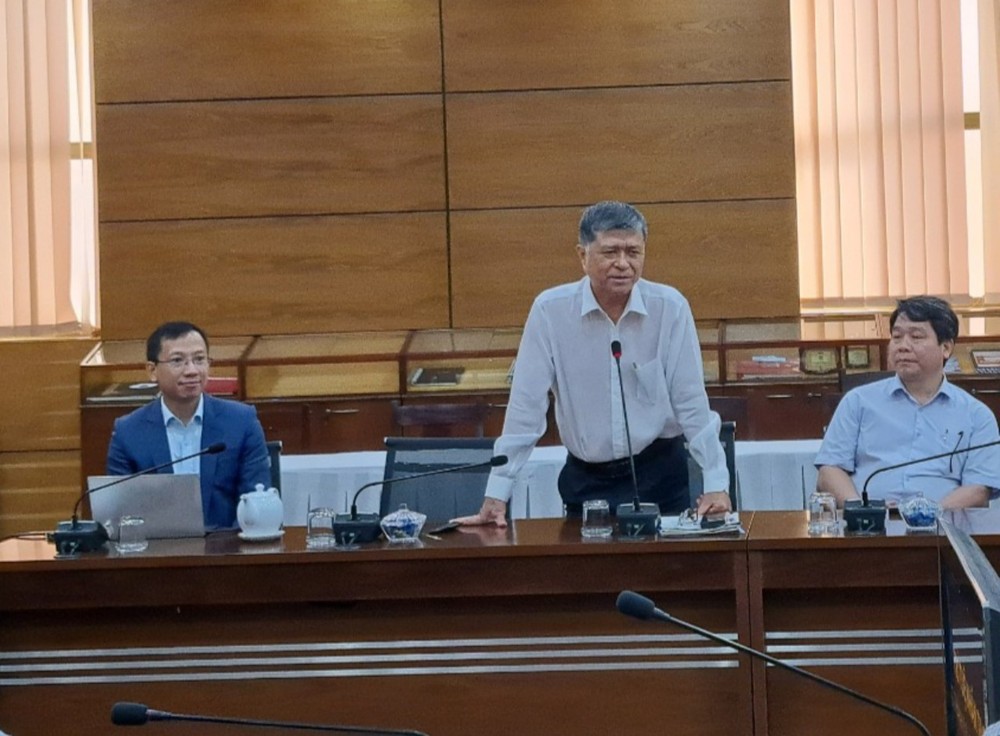
Addresing the conference, Director of Ho Chi Minh City Department of Education and Training Nguyen Van Hieu said that the education sector is in the phase of promoting the application of information technology, including the application of artificial intelligence in teaching and evaluating students.
Currently, many school managers are still reluctant to apply IT in administrative management as they favor paper records, said Director Hieu. As a result, the application of information technology to professional work is still slow. He emphasized that each teacher is responsible for applying IT in their work, said the Director of Ho Chi Minh City Department of Education and Training.
In the 2023-2024 school year, the sector is determined to carry out digital transformation and the successful implementation of the National Assembly’s Resolution 98 on the city's specific mechanism.
Therefore, leaders of the Department of Education and Training of Ho Chi Minh City hope that educational institutions will proactively seek solutions to implement digital transformation, contributing to the city's common goals.
Dr. Nguyen Thanh Hai from the University of Missouri (USA) said that artificial intelligence is part of STEM education, simultaneously related to the fields of Mathematics, Science, Technology and Engineering.
He revealed that artificial intelligence is one of the recently emerged tools that contribute to the implementation of STEM education in schools. Due to its high applicability, this field attracts quite a lot of attention from public and non-public schools.
According to him, many countries around the world have so far implemented artificial intelligence in schools. However, in Vietnam, there is no specific legal corridor on this issue.
In a world rapidly transformed by technology, education remains at the heart of progress. Educators must be aware of the strengths and weaknesses of AI in learning to help learners become digital citizens in parallel with society's development.
If a learner masters artificial intelligence technology, they will also be designers and users of artificial intelligence tools to create learning content; thereby, improving digital capacity and developing skills and personal qualities, said lecturer Nguyen Thanh Hai.
For teachers, this tool supports teachers in designing lessons, and building a question bank to test and evaluating students; thus, diversifying learning forms and improving teaching quality.
Thus, artificial intelligence is not only a change in awareness but also a changes in teachers' behavior and teaching methods. In particular, teachers will increase the time to interact with students, instead of spending a lot of time preparing lessons, testing and evaluating.
























